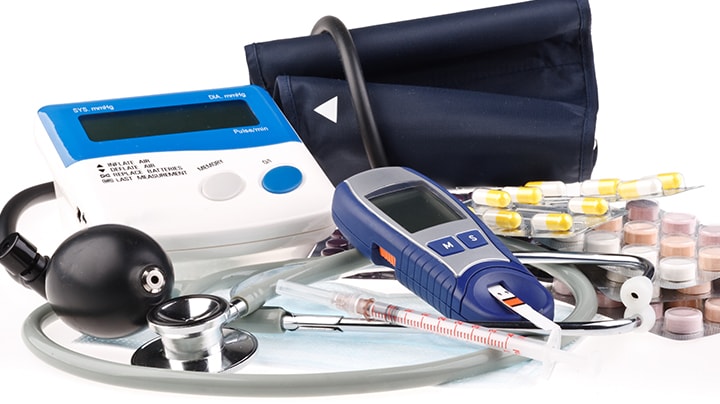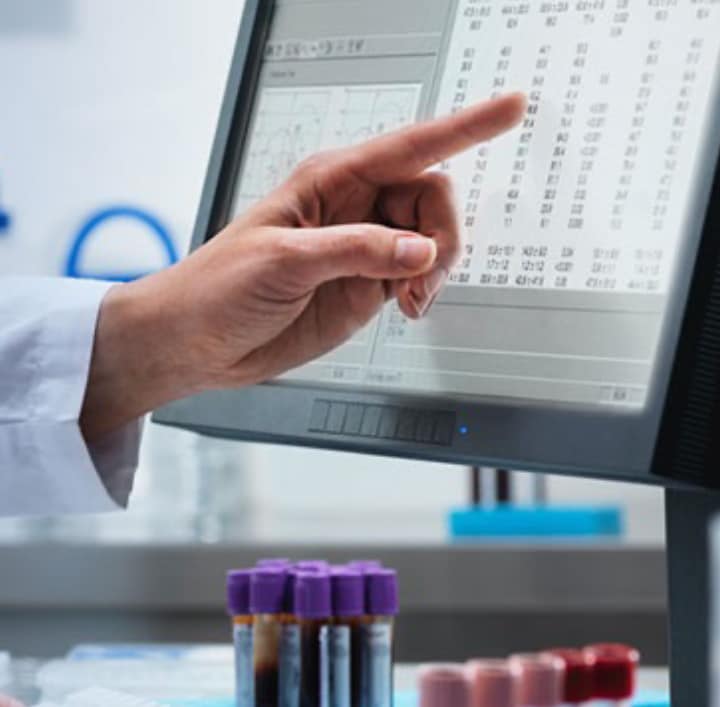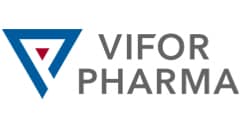Life Sciences
Bring therapies to market with efficiency and compliance
Contact us
Overview

Life Sciences information is often disconnected and stored separately from the processes and transactions it was created to support. This siloed information hinders insights, hurting innovation and efficiency. To accelerate life-saving therapies development, companies need to harmonize and integrate systems and applications to unlock their information’s full potential.
Key trends
-
As patients evolve into healthcare consumers, expecting better and improved health, Life Sciences companies are becoming more patient-centric.[1]
-
The pandemic has increased trial activities conducted remotely and in participants’ homes, furthering the shift from centralized to decentralized clinical trials.[2]
-
The need for efficiency continues to drive the industry with half of new Life Sciences businesses expecting to move to cloud-based ecosystems by 2026.[3]
-
Product development timelines are accelerated by advances in personalized medicine and unmet needs, requiring improved knowledge transfer among healthcare collaborators.[4]
-
With growing amounts of intellectual property and public health data, ransomware attacks on Life Sciences companies are rising, with a 50% jump from 2019 to 2020 alone.[5]
-
To ensure supply chain flexibility and resilience and avoid demand disruptions, Life Sciences companies are looking to integration solutions with end-to-end visibility.[6]
Key Life Sciences solutions

-
Clinical Data Intelligence for Life Sciences
Speed regulatory approval with high-quality, compliant documentation
-
OpenText Content Cloud™ for Life Sciences
Realize operational efficiencies with secure access, fast deployment and flexible upgrades
-
OpenText™ Documentum™ for Quality and Manufacturing
Create and manage critical quality and manufacturing documentation using GMP standards
What makes OpenText different
-
Industry-leading subject matter expertise
Partner with a team that has more than 25 years of experience transforming and automating Life Sciences processes to improve asset management and information governance.
-
Broad solution portfolio
Leverage a solution portfolio that utilizes information assets from R&D to commercialization to address today’s trends and prepare for tomorrow’s challenges.
Leaders trust OpenText
Learn how leading Life Sciences organizations lean on OpenText solutions.
See more success storiesLife Sciences resources
Keep clinical trials on track
View the infographicIndustry-leading Life Sciences solutions in the cloud
Watch the videoThe Future of Life Sciences Technology
Read the position paperWhat’s new in OpenText Life Sciences solutions
Read the blogLife Sciences blogs
Read the blogsAre you ready for IDMP 2.x?
Read the blogWhy intelligent classification of clinical trial data is so important
Read the blogIntroducing secure print controls for pharmaceutical manufacturers
Read the blogDriving insights, improving patient outcomes
Read the position paperFrom promise to purpose: The AI tipping point in Pharma
View the infographicClinical Data Intelligence for Life Sciences
Read the overviewHow can we help?
Footnotes
Footnotes
- [1] Myers, R., Anderson, M., & Korba, C., Striving to become more patient-centric in Life Sciences, 2020
- [2] Agrawal, G., Moss, R., Raschke, R., Wurzer, S., & Xue, J., Stepping up the decentralization of clinical trials, 2021
- [3] Nimita Limaye, N., Xiao, L., Dunbrack, L., Vallikkat, M., Townsend, M., Giguashvili, N., & Piai, S., IDC FutureScape: Worldwide Life Sciences 2022 Predictions (2021)
- [4] Reichert, M., Webster, K., Stanzl, E., Aptekar, J., Donoghoe, N., & Fleming, F., McKinsey & Company Precision Medicine, 2018
- [5] Langhauser, K., Cyber scares, 2021
- [6] Shelley, S. Staring down supply chain disruption, 2021

